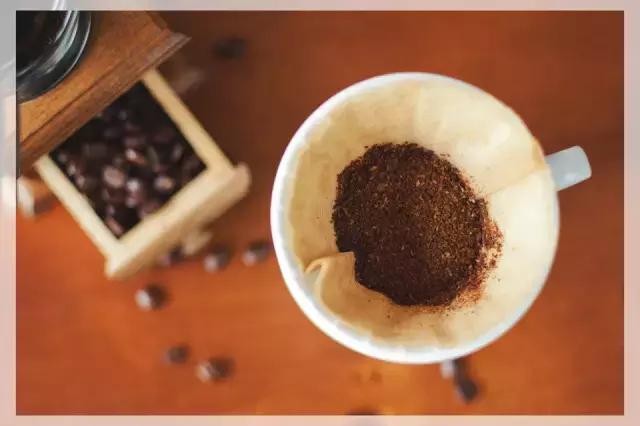Step into the Past: The Revival of Classic English Phrases
The charm of vintage English phrases is undeniable. In a world dominated by modern slang and abbreviations, there's something undeniably appealing about slipping back into the past and embracing the language of yesteryear. From flapper girls to dapper dudes, from speakeasies to dance halls, retro English is more than just a collection of words – it's an experience.

Reviving Retro Expressions
In recent years, there has been a growing interest in vintage culture. From fashion to music, people are rediscovering the beauty and elegance of days gone by. And at the heart of this revival is language – specifically, classic English phrases that evoke memories of a bygone era.

One reason for this resurgence in popularity could be our increasingly digital lives. With social media dominating our communication channels, we're constantly bombarded with new slang and abbreviations. It can be overwhelming at times – which may explain why people are turning back to simpler times for comfort.
Another factor might be nostalgia itself. As we grow older, we often find ourselves yearning for the past – especially when it comes to childhood memories or significant life events. For many young adults today who have grown up with technology as an integral part of their lives since birth (Generation Z), exploring vintage expressions could serve as an opportunity to connect with history on a deeper level.

Beyond Nostalgia: Understanding Retro Culture
But beyond mere nostalgia lies a broader cultural context that contributes to this renewed interest in retro English phrases.

Retro culture encompasses not only language but also art forms like film noir movies or 50s jazz music; fashion trends such as bell-bottom jeans or swing dresses; even architecture like Art Deco buildings or Mid-Century Modern homes. Each one represents different eras' unique aesthetics and styles that still captivate audiences today despite being decades old.
The same holds true for retro expressions themselves - they capture historical moments through vivid imagery and evocative metaphors that resonate across generations:

"A cat's pajamas" was used during Prohibition (1920s) referring someone very impressive.
"Flapper" originally meant an ornamental decoration hanging from men's neckties before becoming synonymous with female revelers who danced all night long.
"Dapper dude" originated during World War I describing stylishly dressed soldiers returning home after war service.
"Speakeasy," once secret bars hidden behind innocuous facades during Prohibition era now symbolize exclusive hideaways where friends gather over drinks amidst good company.
These examples demonstrate how these terms were born out of specific contexts reflecting societal norms at those time periods - which makes them so fascinating today when compared against contemporary lingo!
Conclusion
As you step into the past via classic English phrases alongside other elements like film noir movies or 50s jazz music; fashion trends such as bell-bottom jeans or swing dresses; even architecture like Art Deco buildings or Mid-Century Modern homes — what becomes clear is how interconnected each piece contributes towards creating a rich tapestry called 'retro culture'.
Embracing these timeless expressions isn't merely about seeking nostalgic escapes but rather engaging with diverse aspects within human history while learning from them & cherishing their essence within modern conversations!



